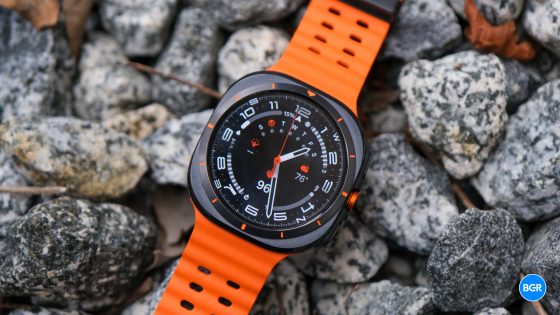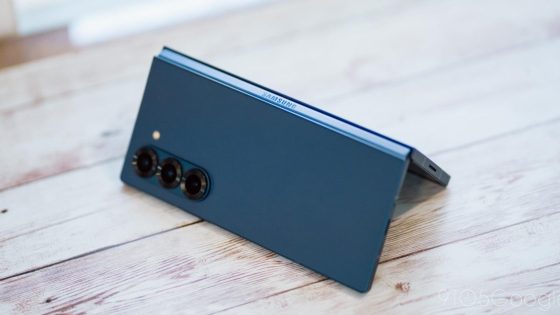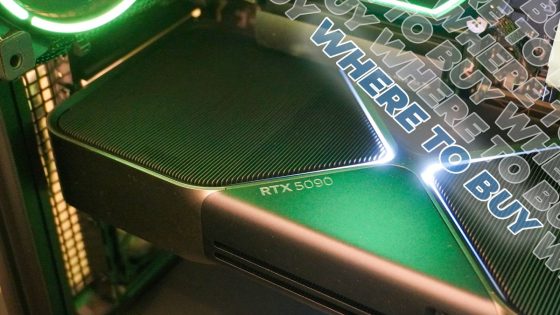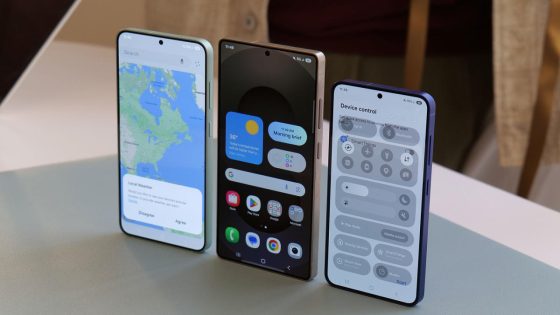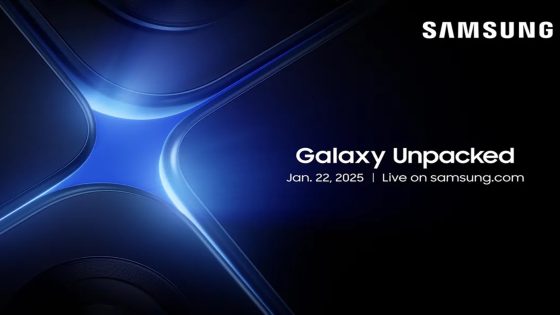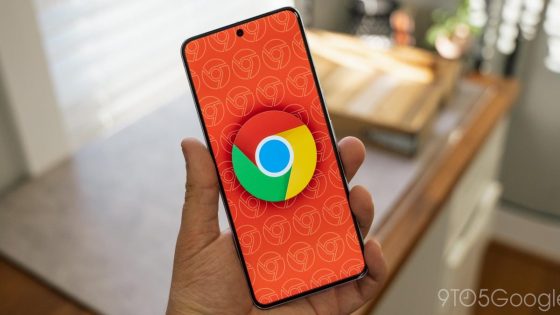Samsung has recently teased exciting advancements in noninvasive blood sugar monitoring technology. This innovation could revolutionize how wearables like the Galaxy Watch help manage diabetes. Are we on the brink of a breakthrough that makes health monitoring simpler and more accessible for everyone?
- Health monitoring drives interest in wearables.
- Apple Watch tracks various health parameters.
- Noninvasive blood glucose monitoring is desired.
- Samsung teases breakthrough glucose monitoring tech.
- Accurate readings require FDA approvals.
- Continuous data could transform diabetes management.
Samsung’s Noninvasive Blood Sugar Monitoring Could Change Diabetes Management
Could a simple wearable device help people manage diabetes more effectively? Samsung’s recent Health forum showcased their ambitious plans for a noninvasive glucose monitor, which could eliminate the need for painful blood tests. This technology may soon allow users to track their blood sugar levels effortlessly.
How Noninvasive Technology Works and Its Benefits
Samsung’s proposed glucose monitoring technology utilizes optical sensors to measure blood sugar levels through the skin. This approach offers several advantages:
- Continuous monitoring without skin pricks
- Faster response to glucose level changes
- Potential for improved diabetes management
- Convenience for users and caregivers
Challenges in Developing Accurate Glucose Monitoring Devices
While the concept is promising, achieving accurate readings poses significant challenges. Companies must ensure that their devices meet rigorous standards before launch. This includes gaining FDA approval, which is crucial for user safety and device reliability.
What This Means for Future Wearables and Health Tech
The introduction of noninvasive blood sugar monitoring could set a new standard for wearables. If successful, it might push other tech giants, including Apple, to innovate similar features. Imagine a future where health tracking is seamless and pain-free!
In conclusion, Samsung’s advancements in noninvasive blood sugar monitoring could be a game-changer for diabetes management. As technology evolves, we may soon see wearables that empower users to take control of their health like never before.



